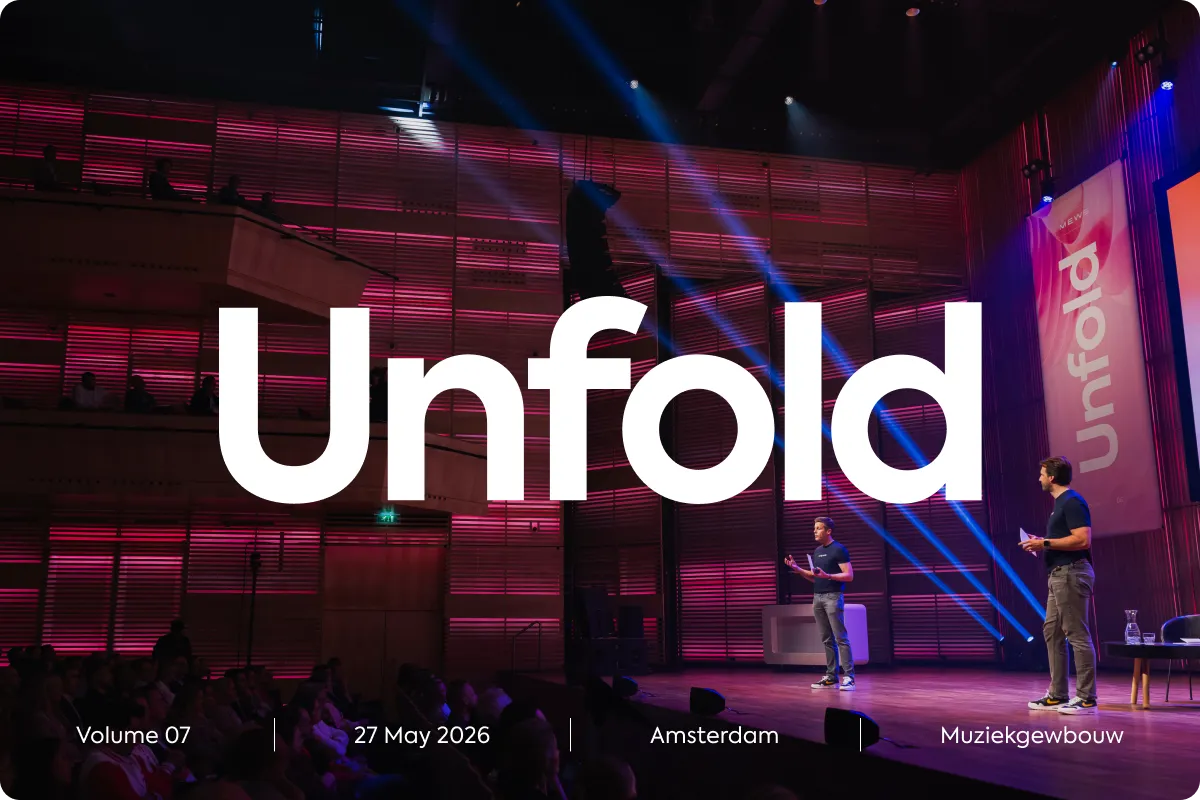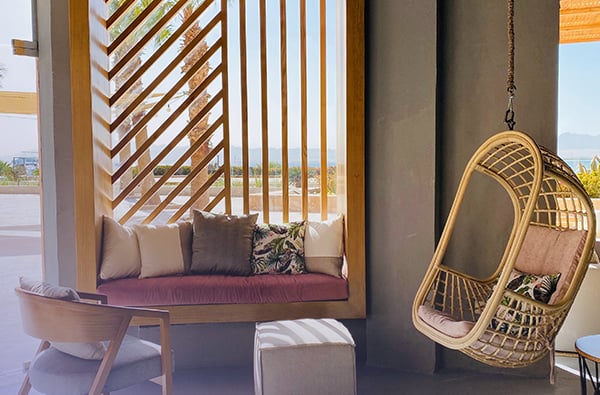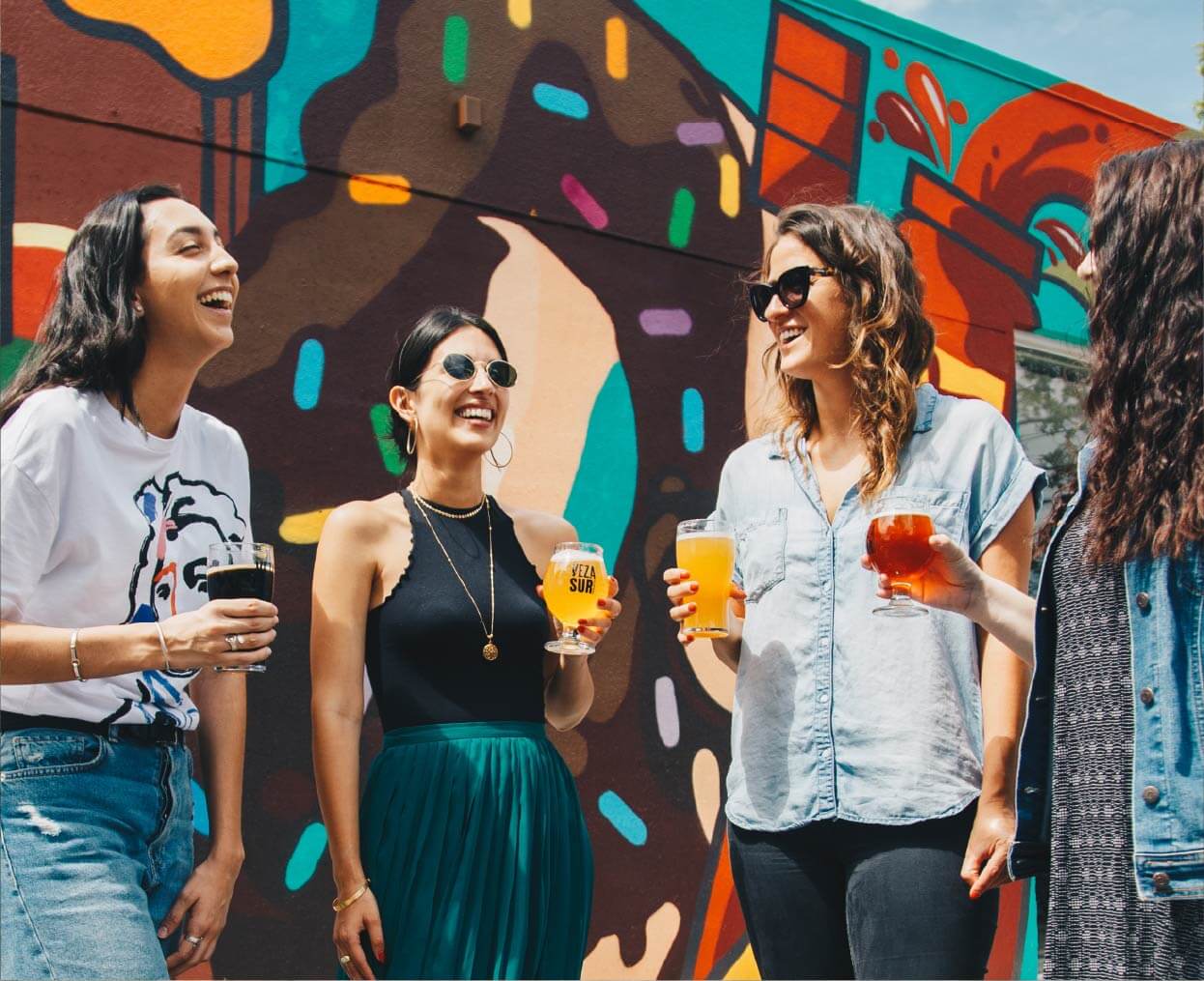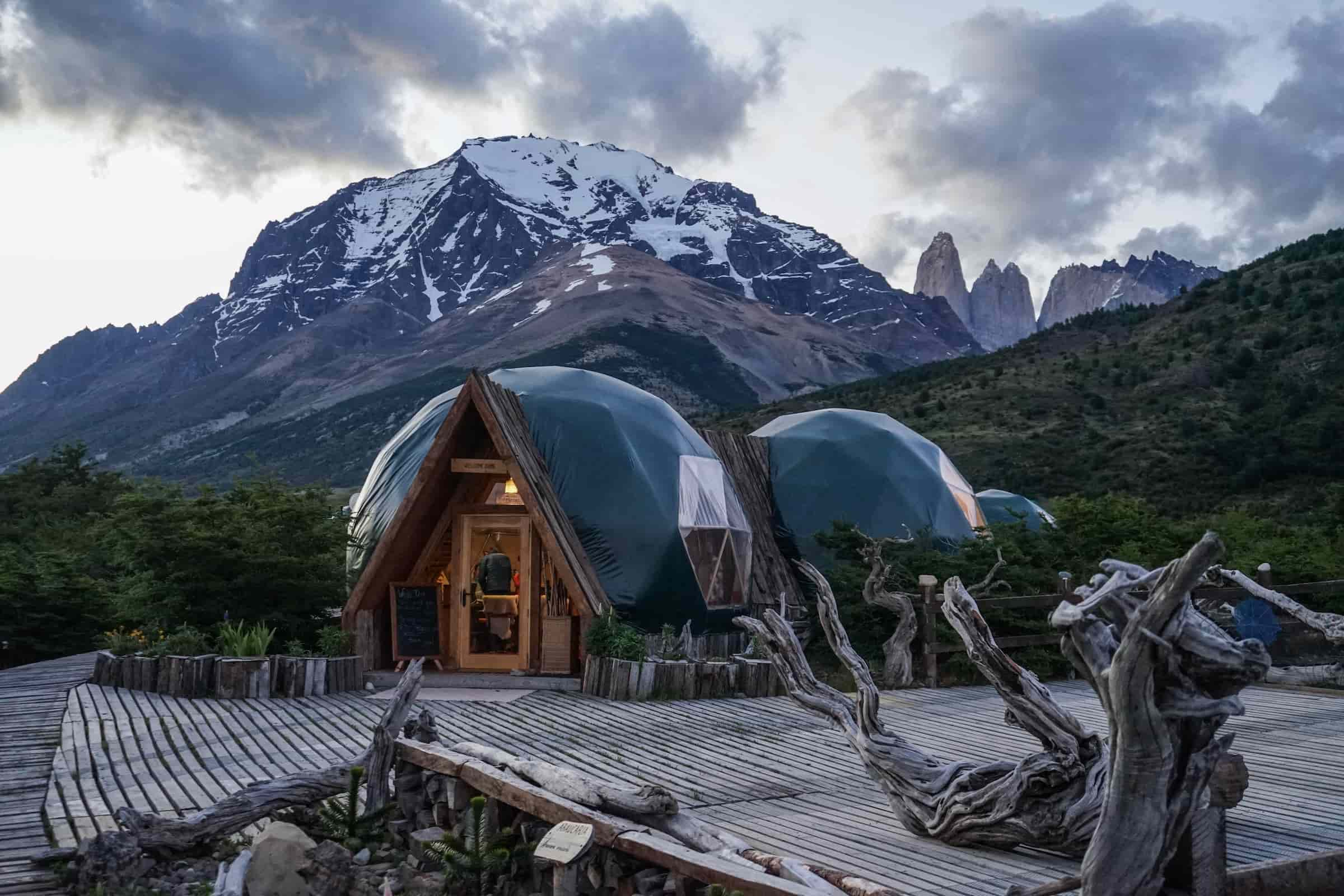One of the biggest changes we’re seeing in hospitality is the willingness to think beyond the traditional heads in beds mindset. There’s a realization that in order to increase and diversify your revenue, it’s important to embrace a new use of space, from adapting existing spaces to monetizing new ones.
This is the topic at the heart of our Realizing Your Property’s Full Potential session from December's Unfold. You canrewatch the webinar in its entirety or you can keep reading here for some of highlights. Joining Richard for this panel were:
- Bertrand Blancha, VP Global Hotel Technology, Accor
- Charlie McGregor, Founder, The Social Hub
- Klaus Kohlmayr, Chief Evangelist and Head of Strategy, IDeaS
- Rami Zeidan, Co-Founder, Life House
Thinking beyond rooms
The Social Hub have long been innovators when it comes to thinking beyond heads in beds. Their blended, communal hospitality supports long-stay living, with co-working a big part of that. “The pandemic has shown that having a diversified top line is really, really important,” says Charlie, their Founder. “All of our hotels were cashflow positive during the crisis, we had a global occupancy of above 50%.”
Although it’s only now that this kind of thinking is entering the mainstream, diverse revenue streams have been around for a long time. IDeaS have had a car parking revenue management product since 2008, as well as function space revenue management. According to Klaus, the industry is now starting to converge and experiment with these new models. “There are different things from subscription models to using spaces differently... Managing rooms obviously is important because it produces a large part of a hotel's profitability, but there are a lot of other revenue streams.”
Bertrand and Accor as a whole are in total agreement. “It's no longer only a room, it's a hotel with its space. And I think with the pandemic we have learned that we need to reinvent and we need to reinvent quickly to stay on the top of the market.”
Automation has a huge role to play (of course). The more you can automate, the more connected your various services will be and the more you can offer. “Long term management can really be somewhat autonomous,” said Rami, whose Life House brand is built on leveraging existing cloud software and APIs. “In the concept of realizing your properties' full potential, the hoteliers can focus on the guest experience, the brand, and the real estate problems, and not have to focus on operating finance or revenue management.”
Exploring new revenue streams for success
Let’s say a guest has a room booked for one full day and night. Of those 24 hours, they’re only using the room for its main purpose (sleeping) for about eight hours of that. So what do they do with the rest of their time? How can you start looking at the rest of that time when the guest is still in your care?
Moving away from only looking at RevPAR will give you some more direction. Metrics like RevPAG (revenue per available guest) and LTV (lifetime value) will encourage a more holistic approach to their experience as well as more varied revenue streams. As Charlie says: “Revenue per guest is an interesting metric because it indicates that somebody's staying in your building and buying stuff, so presumably they'll be happy, otherwise they'd leave.”
Another emerging concept is the attribute-based pricing model. This is the idea that guests can make purchase decisions based on exactly what they want, for example paying extra for an in-room whirlpool bath or for a super king-sized bed. This is something that Klaus and his IDeaS team are looking closely at: “The interesting conversation that has grown over the last couple years is the whole concept of the attribute-based shopping and the opportunities that merchandising enables for the industry over the next couple years. We see that accelerating significantly, especially over the last six to eight months.”
Switching tonew metrics can be a little daunting. If you’re not ready or don’t yet have the tools to start measuring broader data points, you should focus on acquisition costs and bringing them down. As Rami says, “The conversations and the metrics that are becoming ever more important are the cost of acquiring the RevPAR, and the net RevPAR more so than LTV, which is going to be a longer-term evolution.”
Loyalty programs and subscription models
The subscription model is another model that’s starting to make bigger waves within hospitality. It’s a way of monetizing loyalty and massively increasing a guest’s lifetime value. But it’s still in its infancy. Klaus points to the example of ski resorts, many of which have consolidated, allowing them to offer guests a ski pass that gives them the option to spend a certain number of days skiing across a large number of resorts.
“Is that a model that I could see the hotel industry adopting generally? No. But in pockets, absolutely. Would I love to pay $1,000 to give me the right to stay an unlimited number of nights in certain properties or with certain lifestyle brands? Why not? I think that would be a fascinating model for certain brands and certain type of hotels, for certain kinds of people. And I think that would be very valuable for a specific segment of the market.”
Points-based loyalty programs have been around for a long time, sometimes with great success. But this is increasingly at odds with what younger generations want. Millennials and Gen Z are “very clear on what they want from their life, and sustainability and things play a much more important role,” explains Charlie. “Being recognized and adding value to their experience or their purpose is what they're looking for. They're not looking for points.”
So how do you keep these guests coming back? Charlie continues: “For us, it really is building that lifelong customer journey, understanding what we can offer them when they've left our building, either as a traveling student, a young professional, the digital nomad, the new generation of corporate travelers etc. How do we keep in touch with them? How do we genuinely add value? And how do we put them actually first? And if we can do that properly, then this generation will really embrace you as a company and be loyal to you for a long, long time.”
Rami is also sceptical about the value of loyalty programs, at least for his Life House brand. “We're not big believers, at least in the short term, of the value of investing in a loyalty related program. I think modern consumers want optionality and the ROI for us, at least, of investing in something like this doesn't make sense.”
That being said, Rami went on to highlight the important of pre- and post-stay communications when it comes to organically building guest loyalty. They think about loyalty as “reliability oriented”, which means a focus on providing a smooth experience through the entire journey.
What does the future hold?
You may think that this exciting future of sustainability and maximizing spaces belongs to the smaller, more agile hospitality brands. Not so. Accor are undergoing a “revolution” with their technology in order to meet changing guest expectations. “We need to move fast, we need to move to the cloud,” explains Bertrand. “We have reviewed our PMS strategy, we are doing the same with the POS, next year we will start to do the same with all of technologies.”
France recently announced that they’re change the way they score hotels with the stars. Sustainability will become part of this, as will how you manage spaces in your hotels. Bertrand continues: “So do you do coworking? Are you sharing your swimming pool with hotel just in front that has no swimming pool? Are you carbon free? All those things. Our world of hospitality is evolving in a good way.”
This is just a taste of the conversation from the Realizing Your Full Potential session at Unfold 2021. If you’d like to sample the whole thing, you canwatch the session here
Written by
Tom Brown
When Tom isn't creating outstanding marketing content for Mews as Principal Copywriter, he writes fiction for himself. Either way, he only uses the best words.









